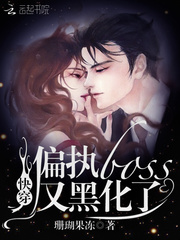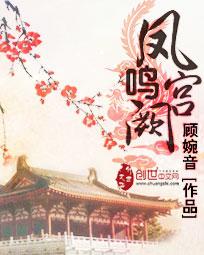CHAPTER XIV
您可以在百度里搜索“Now It Can Be Told 艾草文学(www.321553.xyz)”查找最新章节!
CHAPTER XIV
Shell-shock was the worst thing to see. There were generals who said: “There is no such thing as shell-shock. It is cowardice. I would court-martial in every case.” Doctors said: “It is difficult to draw the line between shell-shock and blue funk. Both are physical as well as mental. Often it is the destruction of the nerve tissues by concussion, or actual physical damage to the brain; sometimes it is a shock of horror unbalancing the mind, but that is more rare. It is not generally the slight, nervous men who suffer worst from shell-shock. It is often the stolid fellow, one of those we describe as being utterly without nerves, who goes down badly. Something snaps in him. He has no resilience in his nervous system. He has never trained himself in nerve-control, being so stolid and self-reliant. Now, the nervous man, the cockney, for example, is always training himself in the control of his nerves, on 'buses which lurch round corners, in the traffic that bears down on him, in a thousand and one situations which demand self-control in a 'nervy' man. That helps him in war; whereas the yokel, or the sergeant—major type, is splendid until the shock comes. Then he may crack. But there is no law. Imagination—apprehension—are the devil, too, and they go with 'nerves.'”
It was a sergeant-major whom I saw stricken badly with shell-shock in Aveluy Wood near Thiepval. He was convulsed with a dreadful rigor like a man in epilepsy, and clawed at his mouth, moaning horribly, with livid terror in his eyes. He had to be strapped to a stretcher before he could be carried away. He had been a tall and splendid man, this poor, terror-stricken lunatic.
Nearer to Thiepval, during the fighting there, other men were brought down with shell-shock. I remember one of them now, though I saw many others. He was a Wiltshire lad, very young, with an apple-cheeked face and blue-gray eyes. He stood outside a dugout, shaking in every limb, in a palsied way. His steel hat was at the back of his head and his mouth slobbered, and two comrades could not hold him still.
These badly shell-shocked boys clawed their mouths ceaselessly. It was a common, dreadful action. Others sat in the field hospitals in a state of coma, dazed, as though deaf, and actually dumb. I hated to see them, turned my eyes away from them, and yet wished that they might be seen by bloody-minded men and women who, far behind the lines, still spoke of war lightly, as a kind of sport, or heroic game, which brave boys liked or ought to like, and said, “We'll fight on to the last man rather than accept anything less than absolute victory,” and when victory came said: “We stopped too soon. We ought to have gone on for another three months.” It was for fighting-men to say those things, because they knew the things they suffered and risked. That word “we” was not to be used by gentlemen in government offices scared of air raids, nor by women dancing in scanty frocks at war-bazaars for the “poor dear wounded,” nor even by generals at G. H. Q., enjoying the thrill of war without its dirt and danger.
Seeing these shell-shock cases month after month, during years of fighting, I, as an onlooker, hated the people who had not seen, and were callous of this misery; the laughing girls in the Strand greeting the boys on seven days' leave; the newspaper editors and leader-writers whose articles on war were always “cheery”; the bishops and clergy who praised God as the Commander-in-Chief of the Allied armies, and had never said a word before the war to make it less inevitable; the schoolmasters who gloried in the lengthening “Roll of Honor” and said, “We're doing very well,” when more boys died; the pretty woman-faces ogling in the picture-papers, as “well—known war-workers”; the munition-workers who were getting good wages out of the war; the working-women who were buying gramophones and furs while their men were in the stinking trenches; the dreadful, callous, cheerful spirit of England at war.
Often I was unfair, bitter, unbalanced, wrong. The spirit of England, taking it broad and large—with dreadful exceptions—was wonderful in its courage and patience, and ached with sympathy for its fighting sons, and was stricken with the tragedy of all this slaughter. There were many tears in English homes; many sad and lonely women. But, as an onlooker, I could not be just or fair, and hated the non-combatants who did not reveal its wound in their souls, but were placid in their belief that we should win, and pleased with themselves because of their easy optimism. So easy for those who did not see! Now It Can Be Told
